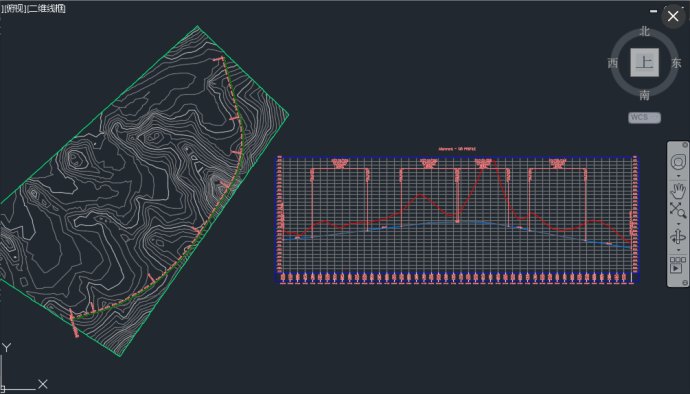
下载app免费领取会员


Introduction:
Language is a dynamic and ever-evolving aspect of human culture. As communication becomes increasingly globalized, finding accurate translations for words and expressions becomes essential. One such word that poses a challenge for linguists, translators, and language enthusiasts is "node." The translation of this term from one language to another is not straightforward, as it carries multiple meanings and can be used in diverse contexts. In this article, we will explore the various translations of "node" in English and analyze their nuances and usage. By understanding the different interpretations of this word, we can develop a comprehensive understanding of its place in the English language.
1. Node as a Noun:
In English, "node" is primarily used as a noun that refers to a point of connection or junction. It is often associated with the idea of a central point where multiple branches or elements converge. This definition is evident in scientific and technical contexts, such as computer science, mathematics, and biology. For instance, in computer networks, a "node" represents a device or a computer that is connected to a network. Similarly, in graph theory, a "node" refers to a point in a graph where edges intersect. In these contexts, the translation of "node" may vary depending on the language. However, the essence of the concept remains consistent, highlighting the idea of a central point of connection.
2. Node as a Verb:
Besides its noun form, "node" can also be used as a verb in certain contexts. The verb form of "node" indicates the action of forming or connecting nodes. This usage is often found in technical or specialized disciplines where the creation of networks or interconnected systems is crucial. For example, in computer programming, to "node" means to establish connections or create links between various components. The translation of "node" as a verb may differ depending on the language, but it generally conveys the notion of establishing connections or forming a network.
3. Node as a Religious Term:
In religious contexts, the term "node" takes on a different meaning altogether. It is often associated with spiritual or mystical practices, particularly in astrology or astronomy. In this sense, a "node" refers to the point of intersection between the path of the Moon and the ecliptic, which is the apparent path of the Sun throughout the year. The translation of "node" in this religious sense may vary across languages, as it encompasses a specific belief system and may have cultural and historical connotations attached to it.
4. Node as a Biological Term:
In the field of biology, "node" has yet another interpretation. It refers to a specific structure or region within an organism, often associated with the branching of veins or nerves. For instance, in botany, a "node" is a section of a stem where leaves or buds emerge. Similarly, in the study of human anatomy, a "nerve node" or "lymph node" represents a small, round mass of tissue that plays a vital role in the immune system. The translation of "node" in a biological context may vary depending on the specific language and the scientific terminology used.
5. Node as a Metaphorical Term:
Beyond its technical and scientific meanings, "node" can also be used metaphorically to describe various concepts. In this sense, a "node" represents a significant point or element within a system or network. It can denote a crucial intersection, a central hub, or a critical component that holds everything together. This metaphorical usage of "node" can be found in various fields, such as sociology, economics, and even literature. Translating the metaphorical sense of "node" requires careful consideration of the specific context and the intended meaning, as it can vary greatly depending on the linguistic and cultural nuances of the target language.
Conclusion:
"The Translation of 'Node' in English" reveals the complexity and versatility of this term. From its scientific and technical applications to its religious and metaphorical usages, the translation of "node" requires a comprehensive understanding of context and connotation. This article has provided an overview of the various interpretations of "node" as a noun, verb, religious term, biological term, and metaphorical term. By acknowledging the multiple translations and nuances, we can effectively communicate the intended meaning and ensure accurate understanding across languages and cultures.
本文版权归腿腿教学网及原创作者所有,未经授权,谢绝转载。

下一篇:Dynamo教程 | English Terminology for Nodes
推荐专题



















































